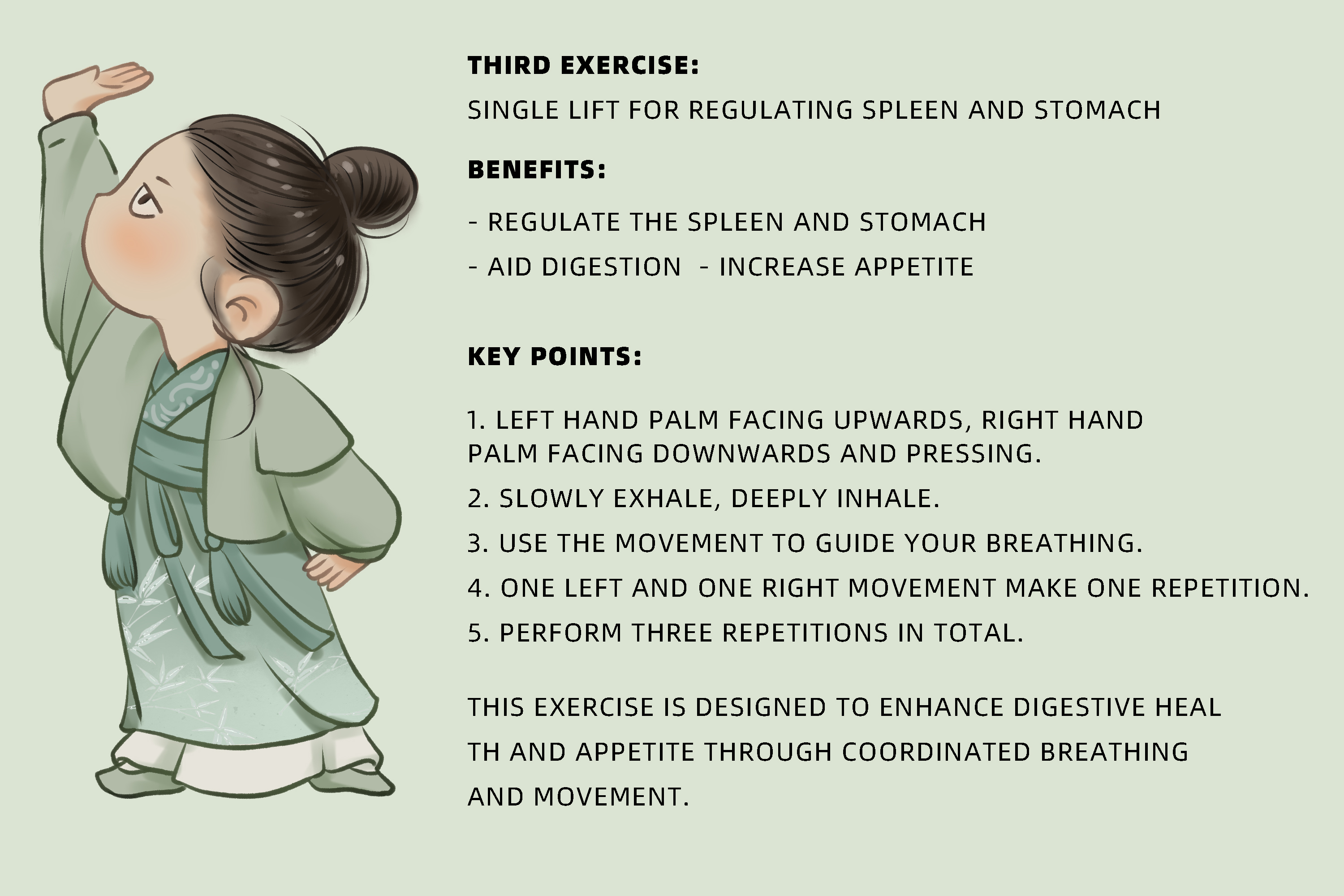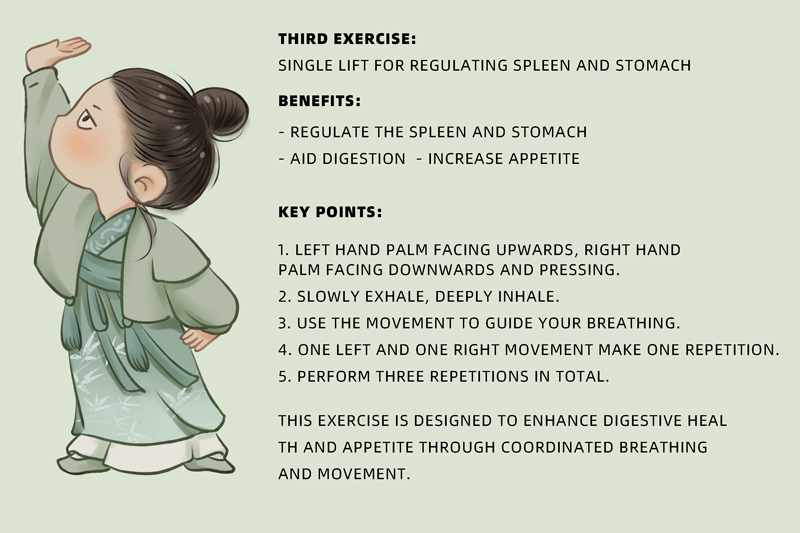

Enhancing Digestive Health and Appetite for Office Workers: A Guide to Improving Overall Wellness
In today’s fast-paced world, office workers often find themselves juggling demanding schedules, stress, and unhealthy eating habits. This can lead to common issues such as poor digestion, loss of appetite, and overall discomfort. However, there are simple yet effective ways to improve digestive health, boost appetite, and enhance overall wellness, even for those with busy lifestyles. In this article, we’ll explore practical tips and strategies tailored for office workers to achieve better digestive health and a more vibrant appetite.
1. Understand the Importance of Digestive Health
Digestive health is the cornerstone of overall well-being. A healthy digestive system ensures that your body absorbs essential nutrients, maintains energy levels, and prevents common issues like bloating, indigestion, and fatigue. For office workers, who often sit for long hours and may rely on quick, unhealthy meals, prioritizing digestive health is crucial.
A well-functioning digestive system not only improves physical health but also enhances mental clarity and productivity. By taking proactive steps to support your digestive system, you can feel more energized, focused, and ready to tackle the demands of your workday.
2. Incorporate a Balanced Diet
One of the most effective ways to improve digestion and appetite is by adopting a balanced diet. Office workers often resort to fast food, processed snacks, or skipped meals due to time constraints. However, these habits can negatively impact digestive health.
Key dietary tips for better digestion:
Increase fiber intake: Fiber-rich foods like whole grains, fruits, vegetables, and legumes promote healthy bowel movements and prevent constipation.
Stay hydrated: Drinking plenty of water throughout the day helps break down food and keeps your digestive system functioning smoothly.
Limit processed foods and sugar: Excessive consumption of processed foods, sugary snacks, and artificial sweeteners can disrupt gut health and reduce appetite.
Include probiotics: Fermented foods like yogurt, kefir, sauerkraut, and kimchi contain beneficial bacteria that support gut health and improve digestion.
3. Practice Mindful Eating
In the fast-paced office environment, many people eat quickly or while multitasking, which can lead to poor digestion and reduced appetite. Mindful eating is a simple yet powerful practice that can help you reconnect with your food and improve digestive health.
Tips for mindful eating:
Eat slowly: Chew your food thoroughly to aid digestion and allow your body to release enzymes that break down food.
Avoid distractions: Focus on your meal without distractions like screens or work-related tasks.
Listen to your body: Eat when you’re hungry and stop when you’re full. This helps regulate your appetite and prevents overeating.
4. Incorporate Gentle Exercise
Physical activity plays a significant role in improving digestion and boosting appetite. Office workers who sit for long hours may experience sluggish digestion, which can lead to discomfort and a lack of appetite.
Simple exercises to try:
Take short walks: Stand up, stretch, and take a quick walk around the office every 60–90 minutes. This promotes blood flow and aids digestion.
Practice yoga or stretching: Gentle yoga poses like the Cat-Cow stretch, seated twists, and child’s pose can relieve tension in the digestive system.
Stay active during breaks: Use your lunch break to go for a walk or do some light stretching. This not only improves digestion but also refreshes your mind.
5. Manage Stress and Anxiety
Stress and anxiety are common among office workers and can have a profound impact on digestive health. Chronic stress can lead to issues like irritable bowel syndrome (IBS), acid reflux, and a reduced appetite.
Effective stress management techniques:
Deep breathing exercises: Take a few minutes each day to practice deep breathing. Inhale deeply through your nose, hold for a few seconds, and exhale slowly through your mouth. This helps calm the nervous system and improve digestion.
Meditation and mindfulness: Spend 5–10 minutes daily practicing meditation or mindfulness to reduce stress and promote relaxation.
Time management: Prioritize tasks, set realistic goals, and avoid overcommitting to reduce work-related stress.
6. Prioritize Quality Sleep
Sleep is essential for overall health, including digestive wellness. Poor sleep can disrupt the balance of hormones that regulate hunger and satiety, leading to a loss of appetite or overeating.
Tips for better sleep:
Stick to a consistent sleep schedule: Go to bed and wake up at the same time every day, even on weekends.
Create a relaxing bedtime routine: Avoid screens before bed, and engage in calming activities like reading or taking a warm bath.
Optimize your sleep environment: Ensure your bedroom is cool, dark, and quiet to promote restful sleep.
7. Consider Herbal Remedies and Supplements
Certain herbs and supplements can support digestive health and improve appetite. While it’s always best to consult a healthcare professional before starting any new regimen, here are some options to consider:
Ginger: Known for its anti-inflammatory properties, ginger can help relieve nausea and improve digestion.
Peppermint tea: A soothing option that can calm an upset stomach and promote healthy digestion.
Probiotic supplements: If incorporating probiotic-rich foods isn’t enough, consider a high-quality probiotic supplement to support gut health.
Conclusion
Improving digestive health and appetite doesn’t have to be complicated. By making small, consistent changes to your diet, lifestyle, and stress management practices, you can enhance your overall well-being and feel your best. Office workers, in particular, can benefit greatly from these strategies, as they often face challenges related to poor digestion and reduced appetite due to their busy, sedentary lifestyles.
Remember, a healthy digestive system is the foundation of a vibrant, energetic life. By prioritizing your digestive health, you’ll not only feel better but also perform better in both your personal and professional life. Start implementing these tips today and take the first step toward a happier, healthier you!




